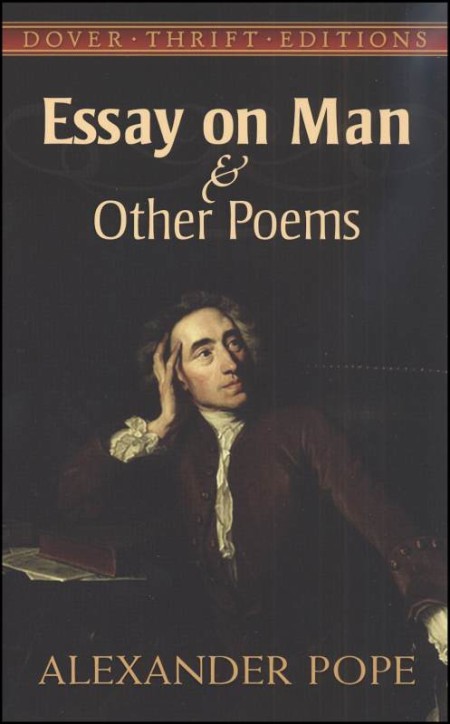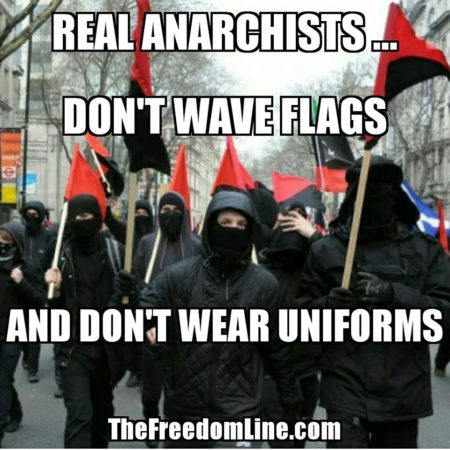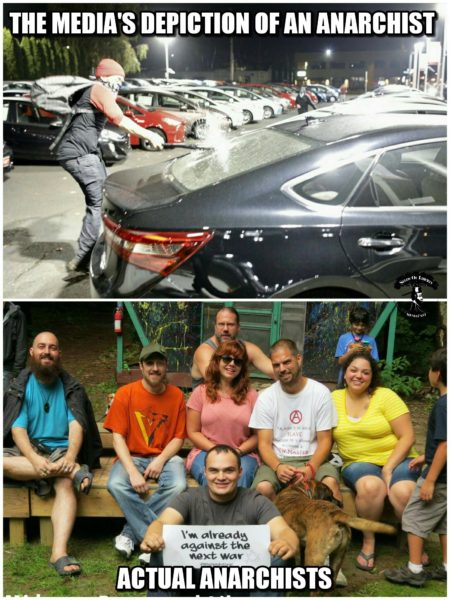I wrote the core of following piece in March of 2001 for the Stonybrook University class, EGL 310 – Neoclassical Literature, later added to it, then originally published it to my MySpace blog…

“Essay on Man & Other Poems” by Alexander Pope
When studying an author’s writing, a reader is sometimes presented with the opportunity to better understand and appreciate one particular work by considering it in direct relation to another. In holding two points of reference, one can fluidly journey with a writer through some of life’s more complex and far-reaching topics, while still thoroughly exploring them to conclusion, and in regard to one another. Alexander Pope’s two writings, Essay on Man: Epistle I and Essay on Man: Epistle II, being complimentary works, are worthy of such comparison.
Both Epistle I and Epistle II are laced with the themes of passion and reason. Using them as a basis, Pope is able to describe some of the many complex characteristics of the personality and behavior of human beings. Reading both works together is the best way to gain a fully-enriched understanding of the implications surrounding these two themes and just how intricately they are related to each other.
Pope believes that our amount of reason not only separates us, as human beings, from any other animal on earth, but that it also gives us our power over them. According to Epistle I, “…Throughout the…world, an universal order and gradation in the sensual and mental faculties is observed which cause the subordination of creature, and of all creatures to Man. The graduations of sense, instinct, thought, reflection, reason; that Reason alone countervails all other faculties” (VII, 122). Aware that this is a powerful gift, Pope does not believe, however, that human beings are the sole carriers of reason. He notes the fact that non-reasoning inorganic and organic matter, as well organisms, still follow an overall reason-based balance with each other in their environment. He also doesn’t exclude the possibility that reason might have been given to human beings directly by another force, with direct access to reason, as well. For proof, Pope observes that our natural environment makes sense even when it is unaware of this fact for itself. According to Epistle I, “of Systems possible, if ’tis confest…that all that rises, rise in due degree; then, in the scale of reas’ning life, ’tis plain there must be, somewhere, such a rank as Man” (43-48, 123).
(Click Here to Continue Reading This Post) →










